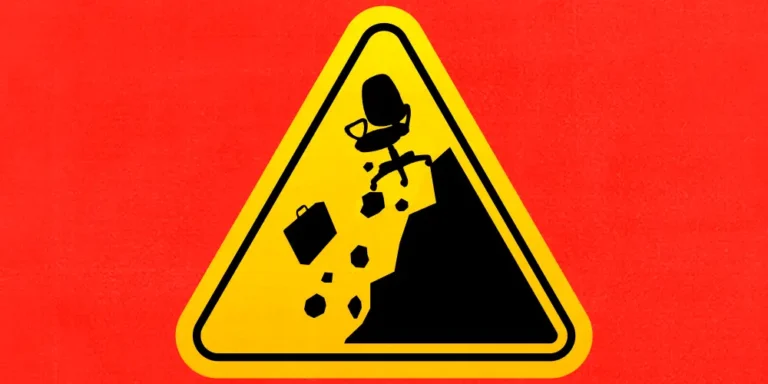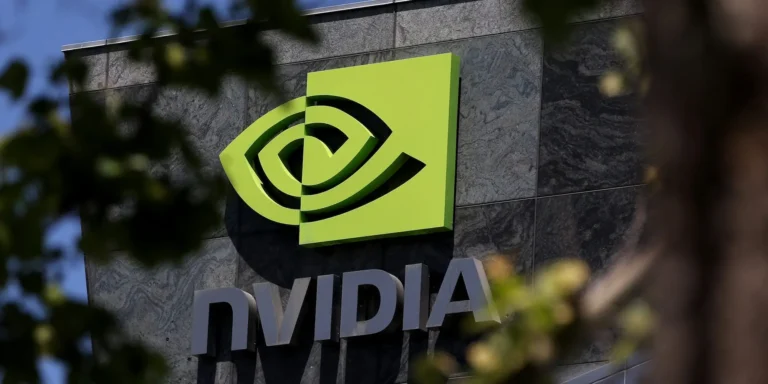After Salesforce hiked its product prices by an average of 9%, some unhappy customers are considering switching to Microsoft or HubSpot

- Salesforce raised its list prices in August for the first time in seven years.
- Wall Street analysts say the move may boost sales for the second quarter.
- Cost-conscious customers are mulling alternatives from competitors such as Microsoft and HubSpot.
Most Wall Street cheered when Salesforce announced its first price increase in seven years in July, but some industry experts are concerned that it will alienate customers who believe the increased costs aren’t justified and provide an easy opening for competitors such as Microsoft and HubSpot.
Salesforce stock rose after the software giant announced on July 11 that it would raise prices on its customer-relationship-management products, including Sales Cloud, Service Cloud, Marketing Cloud, Industries, and Tableau, by an average of 9%.
Analysts expect to hear on the company’s second-quarter earnings call on Wednesday that the price increase resulted in a revenue increase as customers rushed to renew contracts three weeks before the new prices went into effect on August 1.
A significant increase in revenue appears to be good news for Salesforce, which has been under pressure from activist investors such as hedge fund Elliott Management to cut costs and increase profit margins over the last year. Salesforce CEO Marc Benioff has steadfastly complied, laying off 10% of the company’s workforce, selling real estate, and eliminating employee perks in recent months.
There is an upside to the price increase. Some cost-conscious customers who would not have seriously considered migrating off Salesforce are starting to consider it in some cases, according to IT consultants.
“Microsoft is aggressively leaning on their customer base,” said Adam Mansfield, a commercial-advice practice leader at IT-spending consultancy UpperEdge. “Discounting, investments, and credits are pouring in. I saw that increase in 2023, and I don’t see it slowing down.”
“Salesforce is the clear CRM market share leader, and it increased its revenue more than any other CRM vendor in 2022 over the previous year,” a Salesforce spokesperson told Insider in an email.
Requests for comment from Microsoft and HubSpot were not returned.
Salesforce customers were ‘gobsmacked’
According to Mark Moerdler, a Bernstein analyst, the potential revenue boost may not be worth it in the long run, especially when companies are tightening IT budgets in an uncertain economic environment.
“Any price increases could cause customer scrutiny and dissatisfaction,” Moerdler wrote earlier this month in a note, adding that clients could use it as “an opportunity to review usage.”
Salesforce customers are already scrambling to address these price increases, according to consultants. NPI Financial’s CEO and managing partner, Jon Winsett, said his firm immediately notified all of its clients about the price increase.
“We were working with one of our accounts right when the price increase was announced, and they were completely taken aback,” Winsett said. “They were like, ‘What?'” They were trying to keep the price down year after year, and now it just goes up.”
According to some, Salesforce took a tougher stance in negotiations in the months leading up to the price increases. Because they were not authorized to speak with the press, one Salesforce customer, a contract negotiator for a small public company, agreed to discuss their recent contract renewal with Insider on the condition of anonymity. Insider is aware of their identity. The contract negotiations began in January of this year.
The customer was surprised to learn that Salesforce planned to increase the total cost of their $1 million contract by 5% on a three-year renewal with no changes to the offering.
Miffed and unable to adjust the budget to account for the price increase, the customer eventually renegotiated to an 18-month contract, reducing some services.
“It was crazy,” said the customer. “I understand that costs rise over time, but a 5% increase at that price was simply unacceptable to my company.”
Customers consider Microsoft
UpperEdge advisor Mansfield stated that his clients were reviewing their spending across all software vendors, including Salesforce.
“For my customers, Salesforce is at the top of the list for technology spend,” Mansfield said.
Mansfield also mentioned that some of his clients were talking about switching vendors for some Salesforce products. One eager candidate is Microsoft, a major cloud provider that shares customers with Salesforce.
Salesforce’s artificial-intelligence offerings, according to Moerdler, are overpriced in comparison to competitors, particularly Microsoft, which is adding AI functionality to some of its sales and service products at no additional cost to the customer. Customers may be swayed by this, as well as the company’s head start on AI thanks to its investment in ChatGPT maker OpenAI.
“It’s little things like this — price increases and tactical stuff — where people in charge of road maps say, ‘Well, maybe we’ll start thinking about this,'” Mansfield said. “On top of that, Microsoft is knocking on my door every day, saying, ‘Hey, we’re another tried-and-true strategic vendor of yours.'” You want AI, right? ‘We’re AI.'”
Mansfield went on to say that some of his customers were annoyed by Salesforce’s promotion of its new AI functionality at a time when they wanted to focus on getting the most out of products they’d already purchased.
“We have customers who come to us and say, ‘Look, we actually really like the product, but the problem is we know there’s more from which we can get value, and we’re struggling to figure out where Salesforce can come help us with that.'” ‘Stop talking to us about AI and all these new features you’ve added,’ said Mansfield.
According to a Salesforce spokesperson, the company ships new features monthly and an average of over 400 new capabilities and innovations per year, though not all of them are AI-based.
“We are focused on AI because of its incredible potential,” the spokesperson wrote.
HubSpot close behind
Salesforce’s price increase may benefit companies other than Microsoft. HubSpot, a customer-relationship-management software company, sells its software through customer self-service, which contrasts sharply with Salesforce’s sales-driven culture.
Self-service is becoming more appealing, especially as customers reduce their IT spending. RBC Capital Markets analyst Rishi Jaluria said he’d heard of at least one company recently acquiring HubSpot in order to replace Salesforce Service Cloud.
“From a total cost of ownership standpoint, HubSpot is much less expensive,” Jaluria said. “Even if the list prices are comparable, you don’t have to pay as much for services and customization.” When you’re a HubSpot customer, you don’t need a full-time Salesforce administrator. You can imagine that resonates pretty well in this environment, and it does create more opportunity for HubSpot in the long run.”






